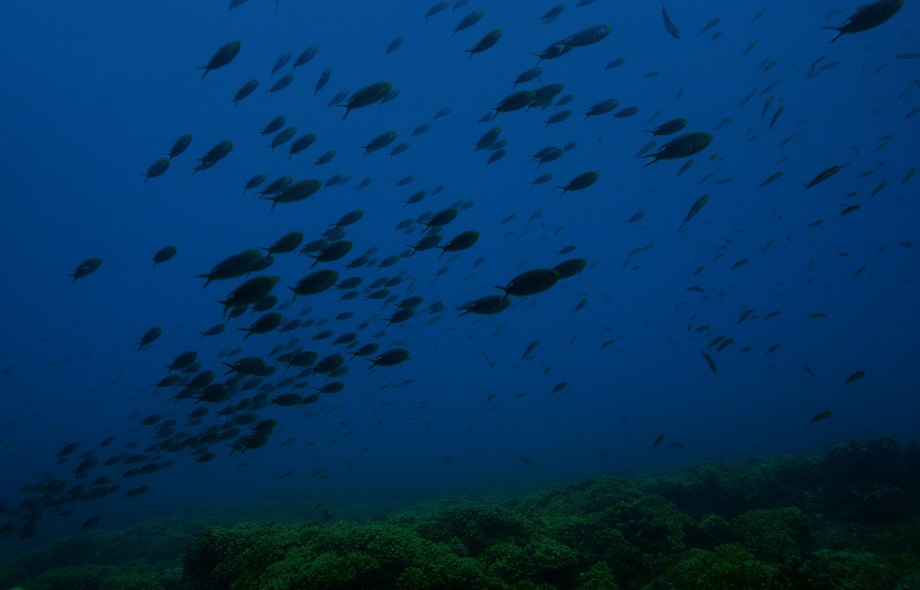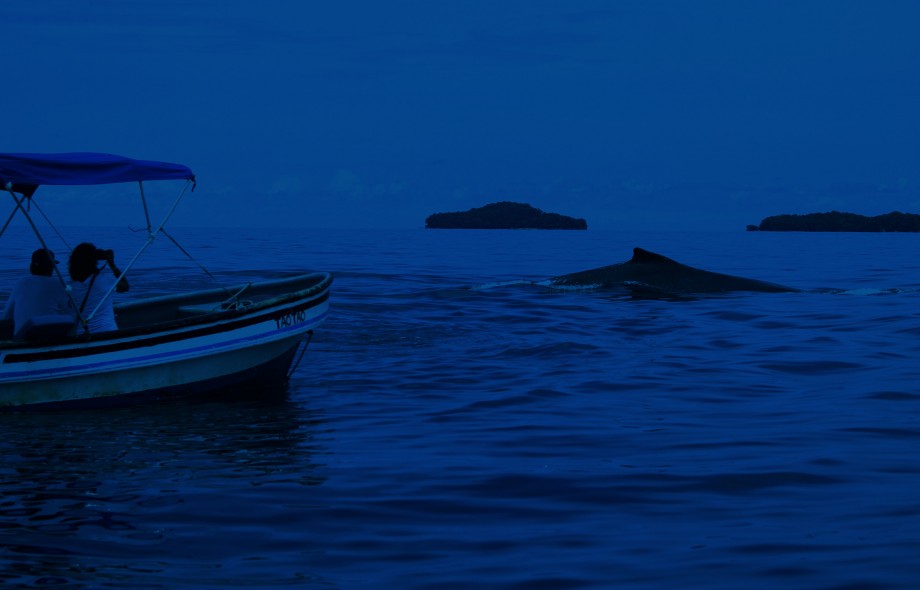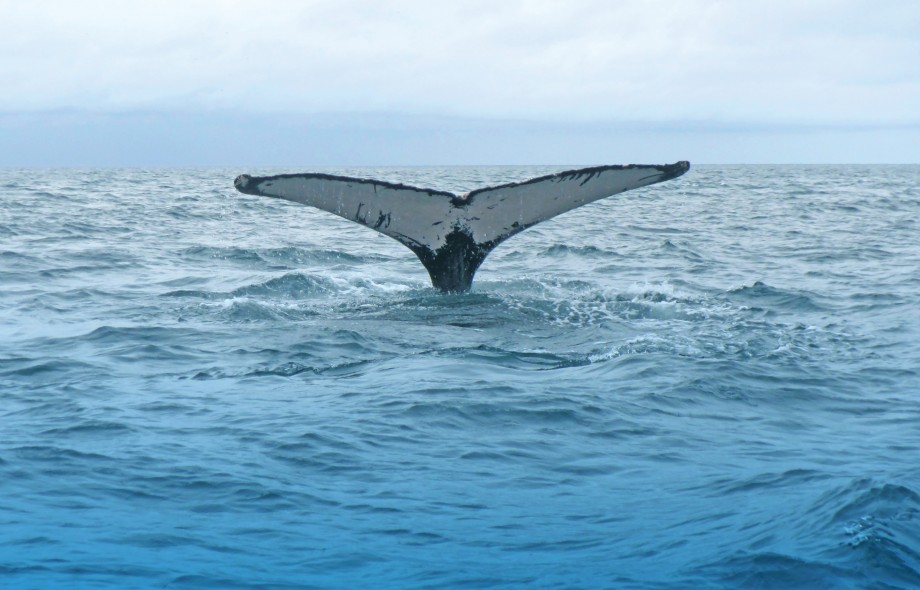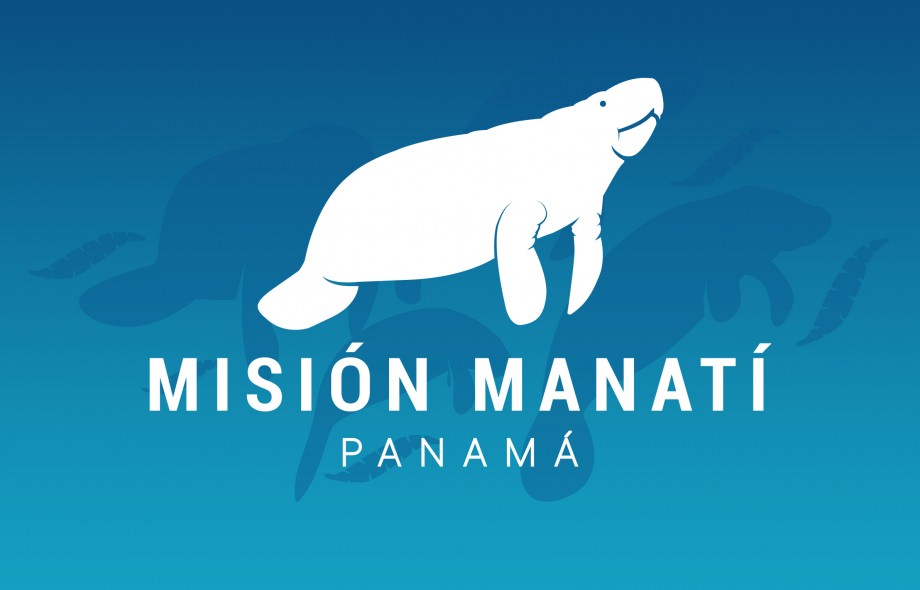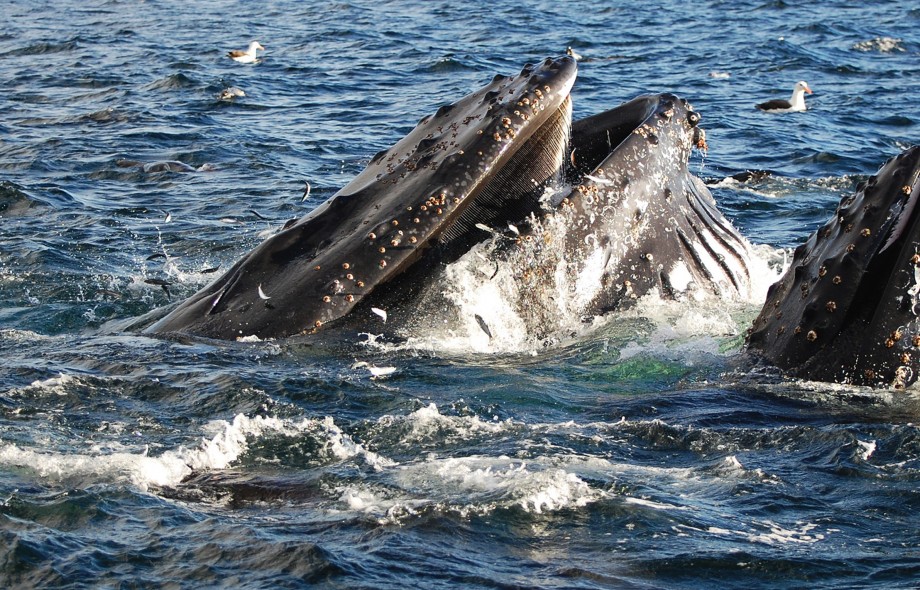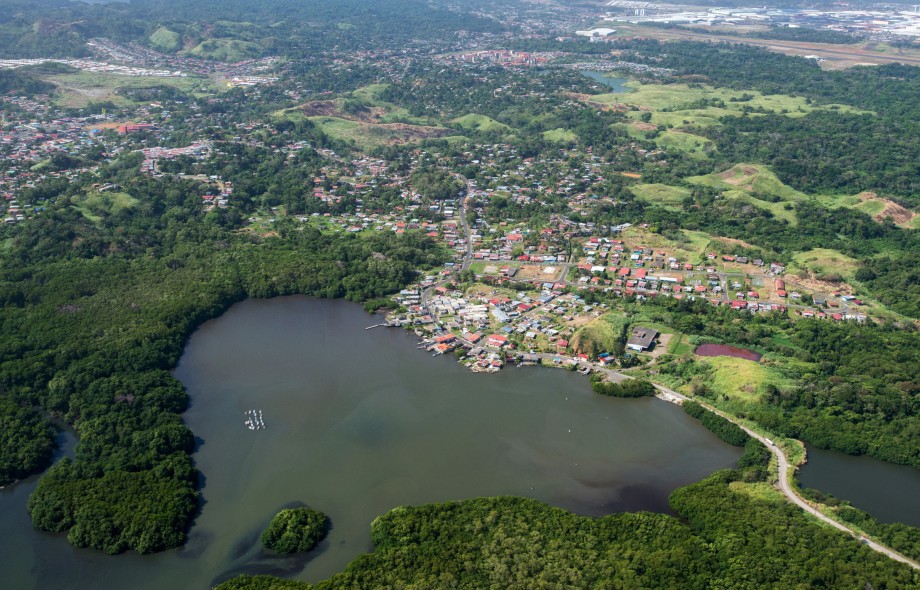With this science-based initiative, 30% of the panamanian marine surface will be under some degree of protection

You are here
Projects
& Stories
Hector M. Guzman
How does whale watching affect whale behavior? Who watches whales in Panama’s Las Perlas Archipelago? Researchers from STRI and ASU hope to recommend innovative data-based conservation strategies.
Several years after the International Maritime Organization adopted Traffic Separation Schemes to reduce the risk of collision between vessels and migratory whales in the Gulf of Panama, scientists assessed whether these conservation management actions are being effective
Science and technology for the conservation of manatees in Bocas del Toro and the Ngäbe-Buglé region
Manatees are endangered aquatic mammals. To help protect them, researchers Héctor Guzmán from STRI, Fernando Merchán, Héctor Poveda and Javier Sánchez-Galán from the Technological University of Panama (UTP), and Guillaume Ferré from ENSEIRB-MATMECA, developed a monitoring system based on hydrophones, which detects in real-time the underwater calls these animals make to communicate with each other.
By tagging and tracking migrating humpback whales that feed in the Magellan Strait in Chile, the scientists were able to provide policy recommendations to reduce the risk of collisions
Three decades after the largest recorded oil spill near coastal habitats in Panama, scientists look at how coral reefs recover from acute contamination over time
